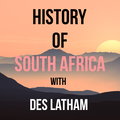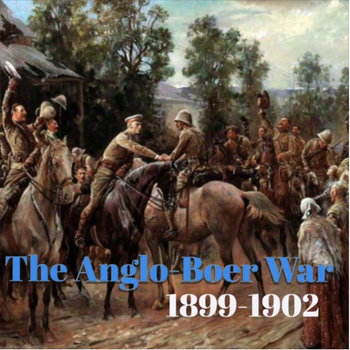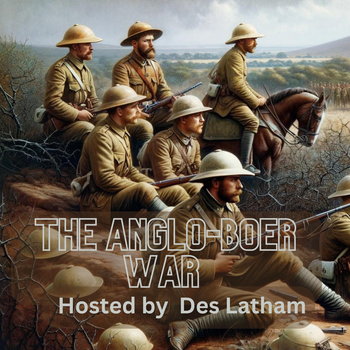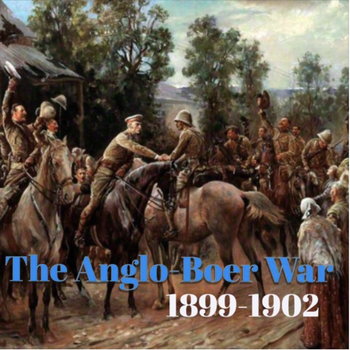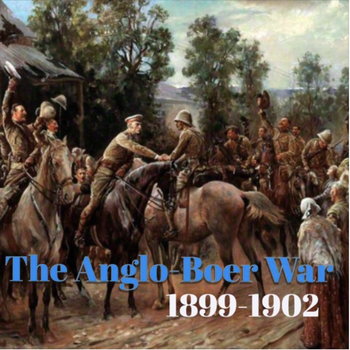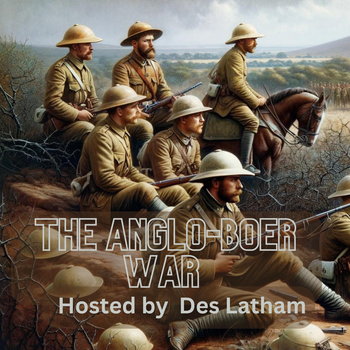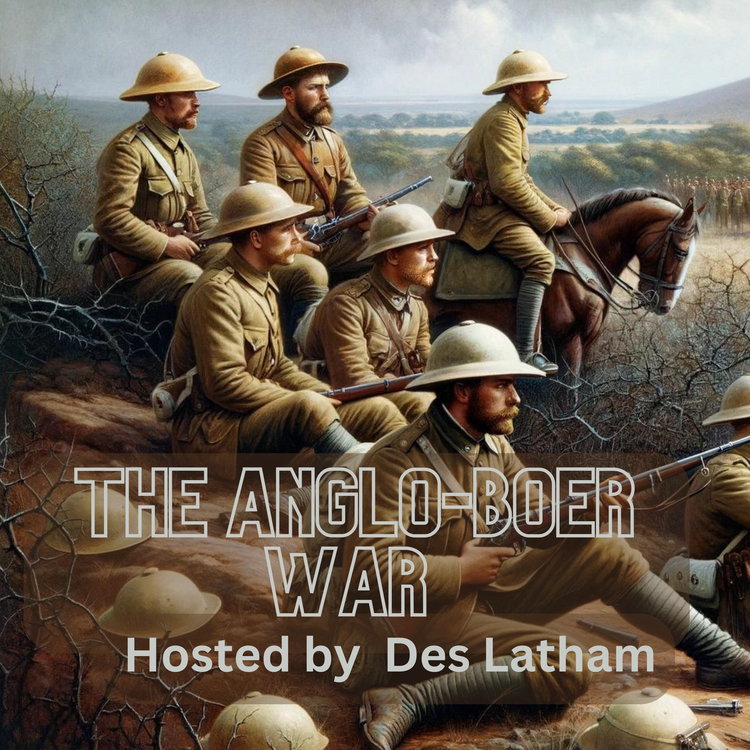
Episode 85 - Emily Hobhouse mobilises against the "gigantic blunder" of the Concentration Camps
Loading player...
It’s the first week of May 1901, and winter has come early in South Africa.
As I mentioned last week, at this point social activist Emily Hobhouse was on board a ship heading for England after experiencing the South African Concentration Camps first hand and she was to mobilise parts of British society against the war by recounting her stories.
She was British first, so when she disembarked later in May, she headed straight to the authorities. Emily Hobhouse believed that when they heard her stories about the conditions in the camps, and the rising death rate, government ministers would be so embarrassed they would institute changes.
As we’ll hear at the end of the month - and through June - she was sorely mistaken.
But she wasn’t alone. The attack on the camp system was also taken up by two other MPs CP Scott and John Ellis.
IT was these two who first used in arch an ominous phrase - concentration camps - taking it from the notorious reconcentrado camps set up by the Spanish to deal with Cuban guerillas. AS we heard previously the use of Block Houses by the Americans in the Cuban war was also going to be perfected by the British in South Africa.
It was Ellis who had sent his relative Joshua Rowntree to report on the camps. When Rowntree was refused entry into the two new colonies of the Transvaal and Free State by lord Kitchener, his instincts were aroused.
British Secretary for War St John Brodrick insisted that these camps were voluntary, that the workers, women and children were all there on their own volition. They had arrived on their own free will as prisoners.
How many lived in them, asked Ellis in March, and how many had died? It was only at the end of April that the house of Commons heard the first statistics.
In the Transvaal, 21 thousand one hundred and three. By May they’d heard there were 19 thousand 680 prisoners in the now renamed Orange River Colony and 2 524 in the Natal Colony.
It was also becoming apparent that St John Brodrick did not have all the information about what was really happening in these camps, at least that was the allegations by Ellis and the opposition leader, Lloyd George. He quoted for example that many of these refugees are what he called coloured people.
As I mentioned last week, at this point social activist Emily Hobhouse was on board a ship heading for England after experiencing the South African Concentration Camps first hand and she was to mobilise parts of British society against the war by recounting her stories.
She was British first, so when she disembarked later in May, she headed straight to the authorities. Emily Hobhouse believed that when they heard her stories about the conditions in the camps, and the rising death rate, government ministers would be so embarrassed they would institute changes.
As we’ll hear at the end of the month - and through June - she was sorely mistaken.
But she wasn’t alone. The attack on the camp system was also taken up by two other MPs CP Scott and John Ellis.
IT was these two who first used in arch an ominous phrase - concentration camps - taking it from the notorious reconcentrado camps set up by the Spanish to deal with Cuban guerillas. AS we heard previously the use of Block Houses by the Americans in the Cuban war was also going to be perfected by the British in South Africa.
It was Ellis who had sent his relative Joshua Rowntree to report on the camps. When Rowntree was refused entry into the two new colonies of the Transvaal and Free State by lord Kitchener, his instincts were aroused.
British Secretary for War St John Brodrick insisted that these camps were voluntary, that the workers, women and children were all there on their own volition. They had arrived on their own free will as prisoners.
How many lived in them, asked Ellis in March, and how many had died? It was only at the end of April that the house of Commons heard the first statistics.
In the Transvaal, 21 thousand one hundred and three. By May they’d heard there were 19 thousand 680 prisoners in the now renamed Orange River Colony and 2 524 in the Natal Colony.
It was also becoming apparent that St John Brodrick did not have all the information about what was really happening in these camps, at least that was the allegations by Ellis and the opposition leader, Lloyd George. He quoted for example that many of these refugees are what he called coloured people.
